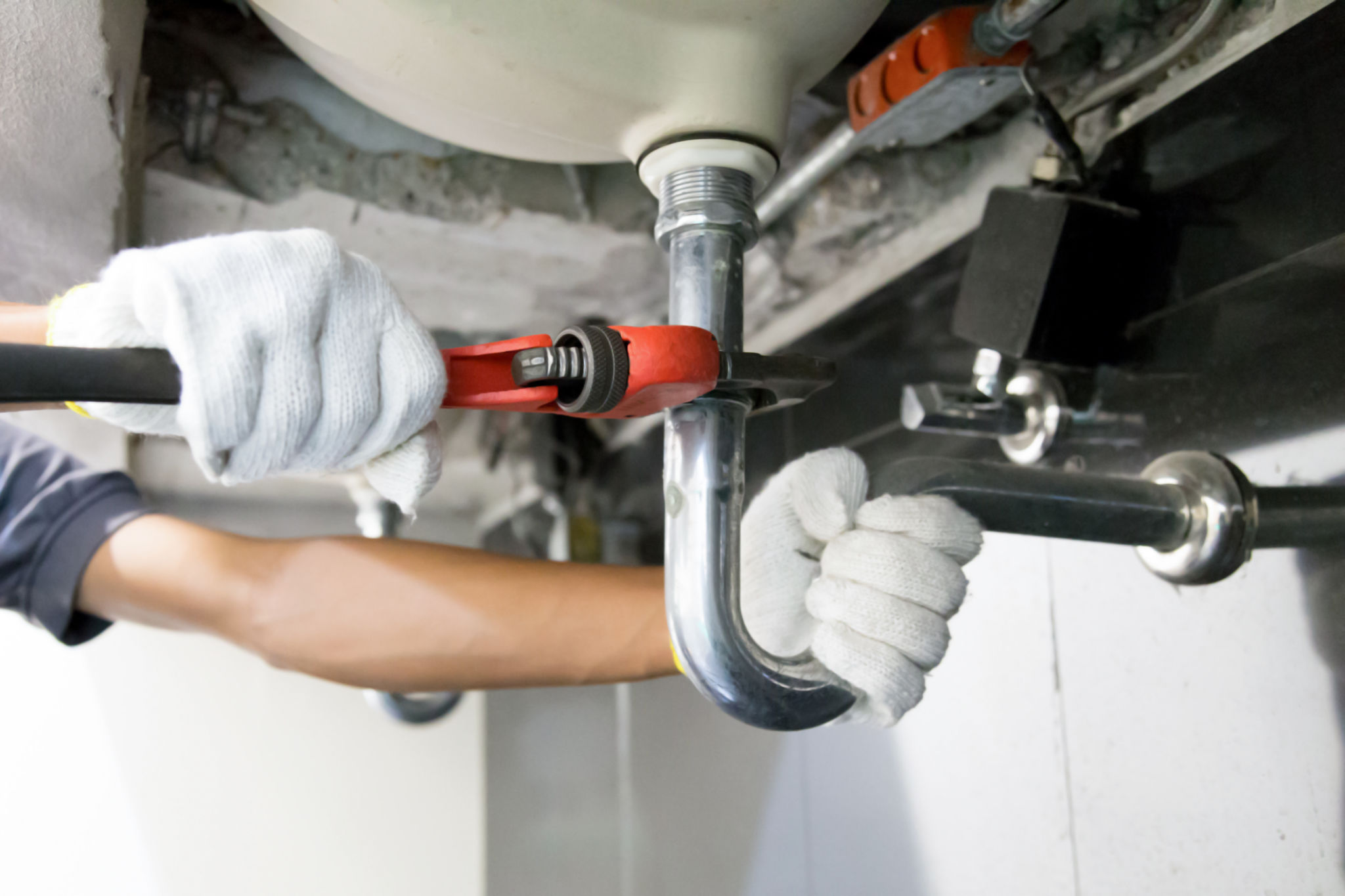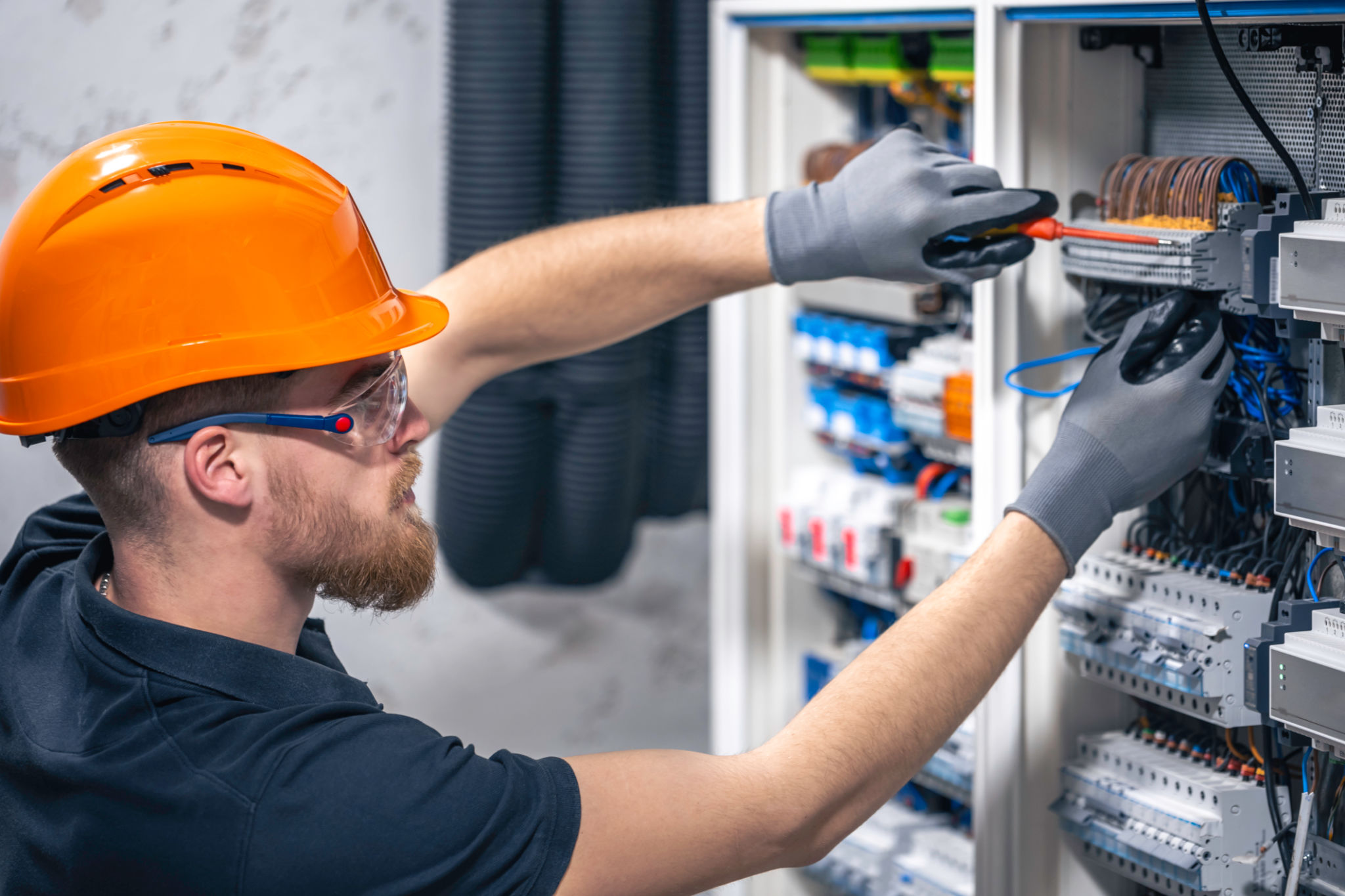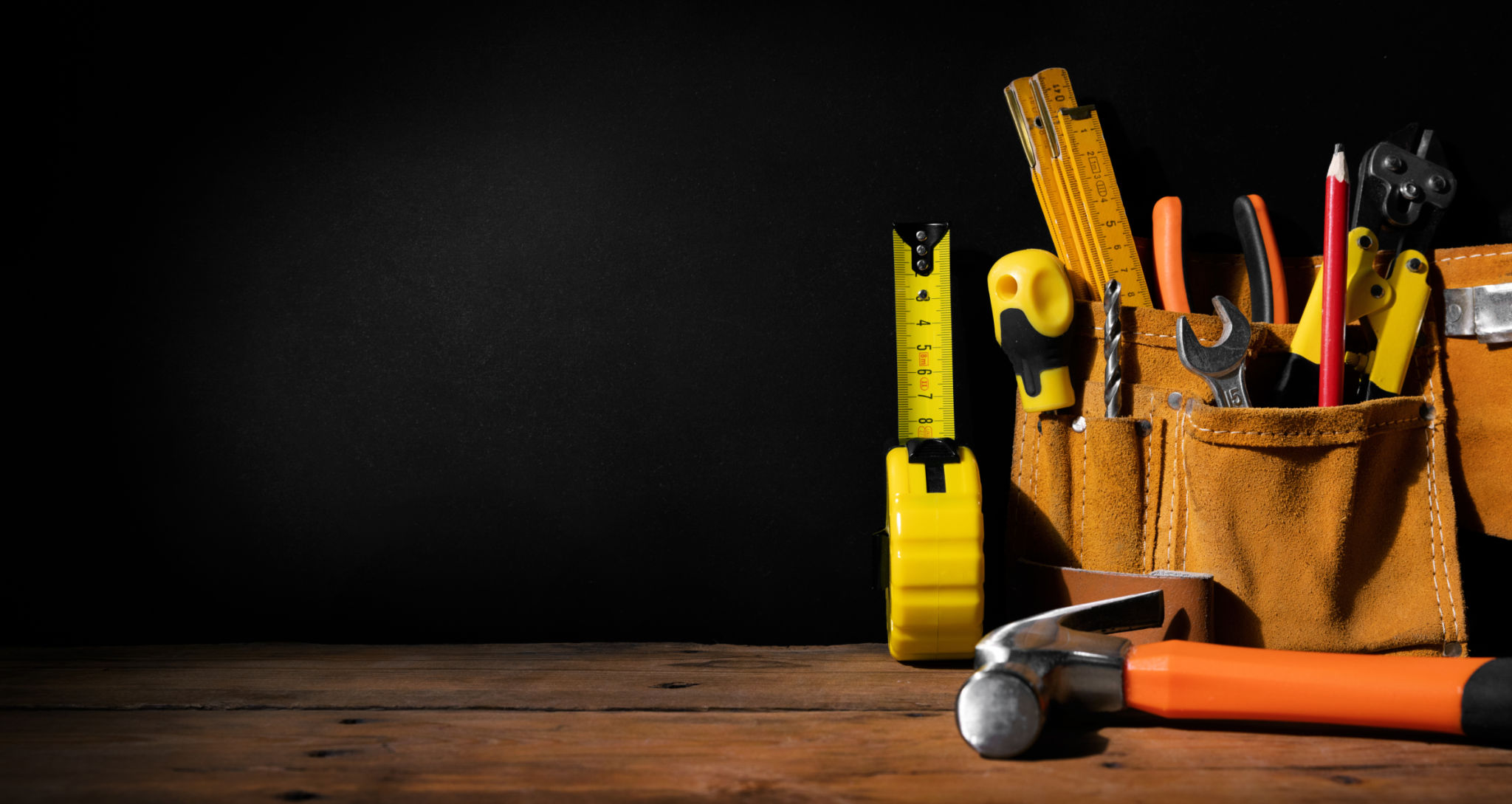Plumbing and Electrical Repairs in the UK: Expert Tips and Advice
TT
Understanding the Basics
Plumbing and electrical systems are the backbone of any home. They ensure we have access to clean water, functional lighting, and a myriad of other conveniences. However, when things go wrong, it can be quite daunting to tackle repairs without the right knowledge. In the UK, understanding the nuances of plumbing and electrical repairs can save homeowners time and money.
For plumbing, the most common issues include leaky faucets, clogged drains, and running toilets. Each of these problems can lead to increased water bills and potential water damage if not addressed promptly. Electrical issues, on the other hand, often involve faulty wiring, blown fuses, or malfunctioning outlets, all of which can pose safety hazards if left unattended.

Hiring Professionals vs. DIY Repairs
When it comes to deciding whether to hire a professional or attempt a DIY repair, consider the complexity of the issue. Minor problems such as unclogging a drain or replacing a tap washer might be manageable for a handy homeowner. However, more intricate tasks like fixing a faulty circuit or repairing a damaged pipe should be left to professionals to ensure safety and compliance with UK regulations.
In the UK, it's essential to use certified professionals for electrical work. Hiring a qualified electrician not only guarantees that the job is done correctly but also ensures compliance with Part P of the Building Regulations, which outlines electrical safety standards. Similarly, plumbers should be registered with an approved scheme like WaterSafe to ensure they adhere to safety guidelines.

Essential Tools for Home Repairs
For those who choose to tackle minor repairs themselves, having the right tools on hand is key. A basic plumbing toolkit should include a plunger, pipe wrench, adjustable spanner, and a set of screwdrivers. For electrical work, a multimeter, wire strippers, and insulated screwdrivers are essential.
While these tools can help with simple fixes, it's crucial to remember that safety always comes first. Always turn off water and electricity supplies before beginning any repair work. Moreover, using tools that are in good condition and appropriate for the task is vital to prevent accidents.

Preventative Maintenance Tips
Preventative maintenance is an effective way to avoid major plumbing and electrical issues. Regularly checking for leaks under sinks and inspecting electrical cables for wear and tear can help catch potential problems early. Additionally, ensuring that gutters are clear and electrical systems are not overloaded will contribute to longer-lasting home systems.
Consider setting up a maintenance schedule to routinely inspect your home's plumbing and electrical systems. This proactive approach can identify issues before they escalate into costly repairs, saving both time and money in the long run.
Understanding UK Regulations
The UK has specific regulations governing plumbing and electrical work. For instance, major electrical work often requires notification to local building control unless carried out by a registered competent person. This ensures that all work complies with safety standards and is properly documented.
Similarly, UK water regulations emphasize the need for safe and efficient water usage. It's important to ensure that all plumbing installations meet these standards to avoid penalties and ensure optimal performance.

When to Call the Experts
Knowing when to call in experts is crucial. If you encounter persistent issues despite multiple attempts at DIY repairs or if you're unsure about any aspect of the repair process, it's time to consult a professional. Their expertise can provide peace of mind and ensure that your home's systems function optimally.
In conclusion, while some plumbing and electrical repairs can be managed independently, understanding when to seek professional assistance is essential. By staying informed about common issues and maintenance practices, homeowners can ensure their homes remain safe and efficient.
